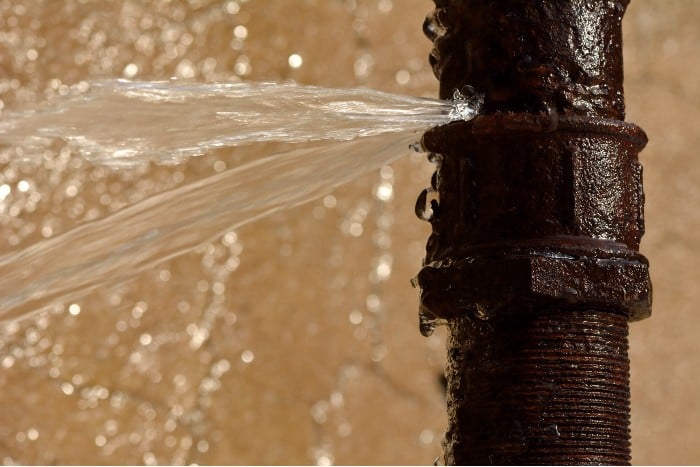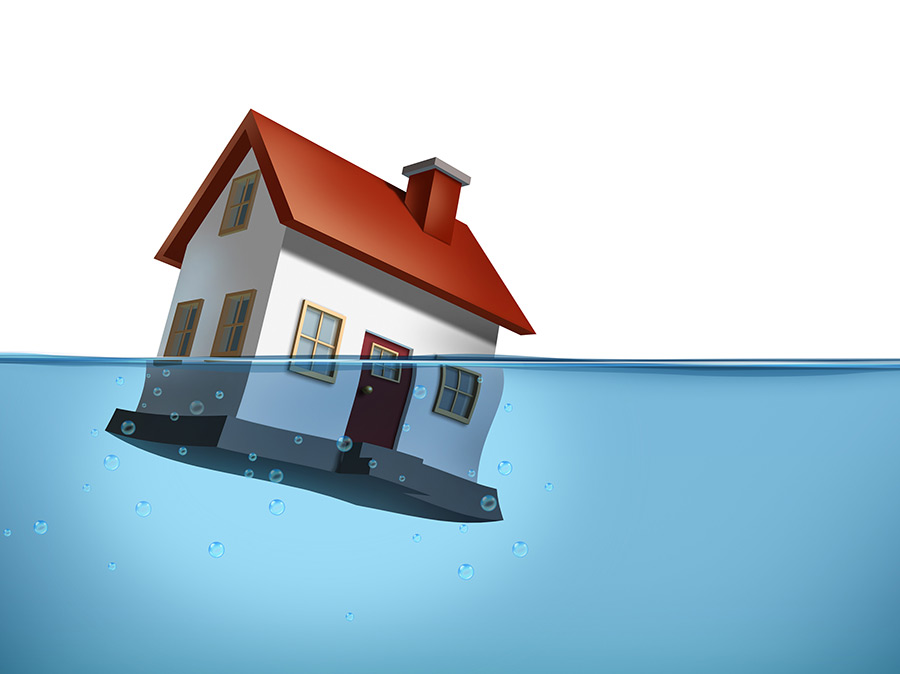The Residential Common Frequent Leak Factors: Investigation
The Residential Common Frequent Leak Factors: Investigation
Blog Article
What're your opinions on How to Find Water Leaks?

Leakages not just trigger waste of water but can additionally create unnecessary damage to your residence and also promote undesirable natural development. By recognizing as well as looking for daily scenarios that cause leaks, you can safeguard your home from future leaks and unneeded damages.
Instantaneous temperature changes.
Extreme temperature level adjustments in our pipelines can trigger them to broaden as well as contract unexpectedly. This growth as well as tightening may create cracks in the pipelines, especially if the temperature are below freezing. It would certainly be best if you watched on exactly how your plumbing functions. The visibility of the formerly pointed out conditions often shows a high danger.
Rusty water supply
As time goes by, your plumbing system ages and corrosion such as corrosion may start gnawing the pipes. This might be the reason for discoloration or warping on your pipes. This requires an assessment with your plumber immediately. If our plumbing system is old, think about replacing the pipelines considering that they go to a greater risk of rust than the more recent designs.
Defective Pipe Joints
The factor at which your pipelines link is frequently the weakest link in the waterline. Pipeline joints can degrade over time, causing water leakages. The majority of pipeline joints are not easily noticeable. If you have loud pipes that make ticking or banging sounds, particularly when the hot water is switched on, your pipe joints are most likely under a lot of pressure. It is a good idea to have your plumber evaluate your system once a year.
Trespassing roots
Many water leaks begin outside the home instead than inside it. You might notice damp patches or sinkholes in your backyard, and that may suggest that tree roots are invading water lines causing water to seep out.
Poor Water Connectors
At times, a leak can be triggered by loose hose pipes and pipelines that supply your devices. In case of a water connections leak, you might see water running directly from the supply line or puddles around your home appliances.
Clogged Drains
Clogged drains may be annoying and also inconveniencing, but they can sometimes wind up triggering an overflow causing rupture pipes. Maintain removing any materials that may drop your drains pipes that could clog them to avoid such troubles.
All the above are root causes of leaks but not all water leakages result from plumbing leakages; some leaks could come from roofing leaks. All leakages must be fixed right away to prevent water damage.
Leakages not just trigger waste of water but can additionally create unnecessary damage to your home and advertise unwanted organic growth. By recognizing as well as looking for everyday circumstances that cause leakages, you can safeguard your house from future leaks as well as unnecessary damage. Today, we will certainly look at 6 leakage creates that might be creating your pipelines to trickle.
At times, a leakage can be created by loosened hose pipes as well as pipes that provide your home appliances. In case of a water connections leakage, you may notice water running straight from the supply line or pools around your devices.
How To Check For Water Leak In Your Home
How To Check for Leaks
The average household's leaks can account for nearly 10,000 gallons of water wasted every year and ten percent of homes have leaks that waste 90 gallons or more per day. Common types of leaks found in the home are worn toilet flappers, dripping faucets, and other leaking valves. These types of leaks are often easy to fix, requiring only a few tools and hardware that can pay for themselves in water savings. Fixing easily corrected household water leaks can save homeowners about 10 percent on their water bills.
To check for leaks in your home, you first need to determine whether you're wasting water and then identify the source of the leak. Here are some tips for finding leaks:
Take a look at your water usage during a colder month, such as January or February. If a family of four exceeds 12,000 gallons per month, there are serious leaks.
Check your water meter before and after a two-hour period when no water is being used. If the meter changes at all, you probably have a leak.
Identify toilet leaks by placing a drop of food coloring in the toilet tank. If any color shows up in the bowl after 10 minutes, you have a leak. (Be sure to flush immediately after the experiment to avoid staining the tank.)
Examine faucet gaskets and pipe fittings for any water on the outside of the pipe to check for surface leaks.
Undetected water leaks can happen without the home or business owner even realizing. If you suspect a water leak, but not able to find the source. It is time to contact a professional water leak detection service, The Leak Doctor.
How To Find a Water Leak In Your Home
https://www.leakdoctor.com/blog/How-To-Check-For-Water-Leak-In-Your-Home_AE197.html

I was guided to that write-up about How Fast Water Damage Can Ruin Your Home from a good friend on our other web address. Make sure you take the time to distribute this post if you enjoyed it. Thank-you for your time spent reading it.
Excellence on call! Report this page